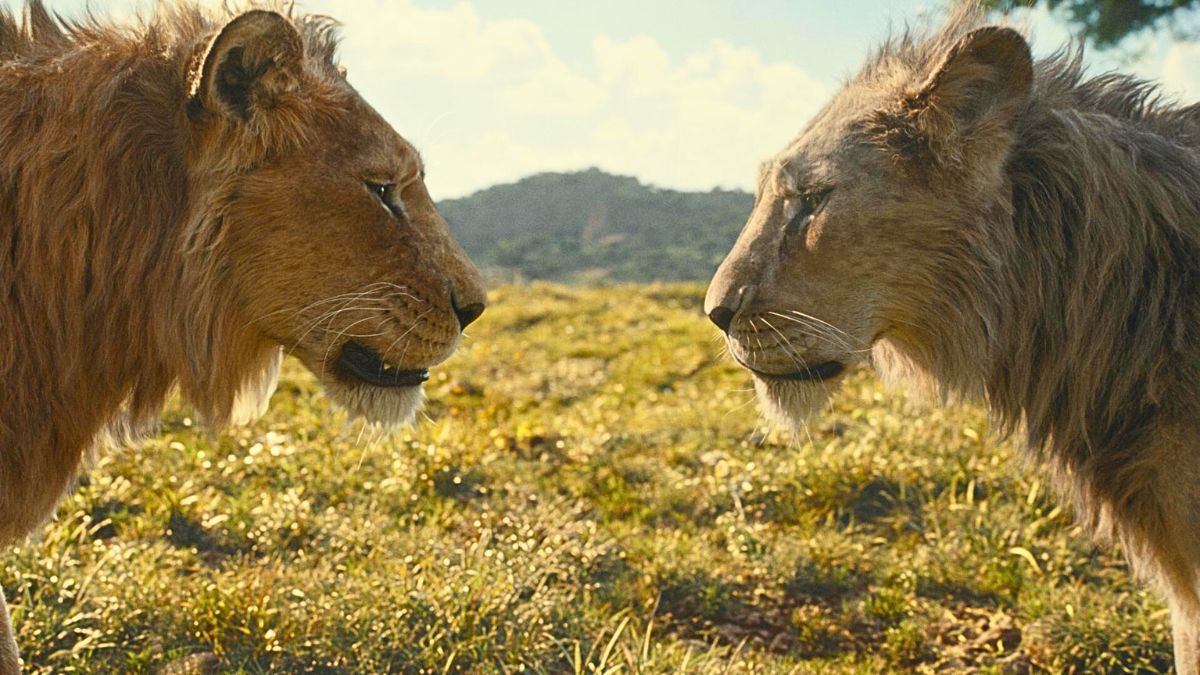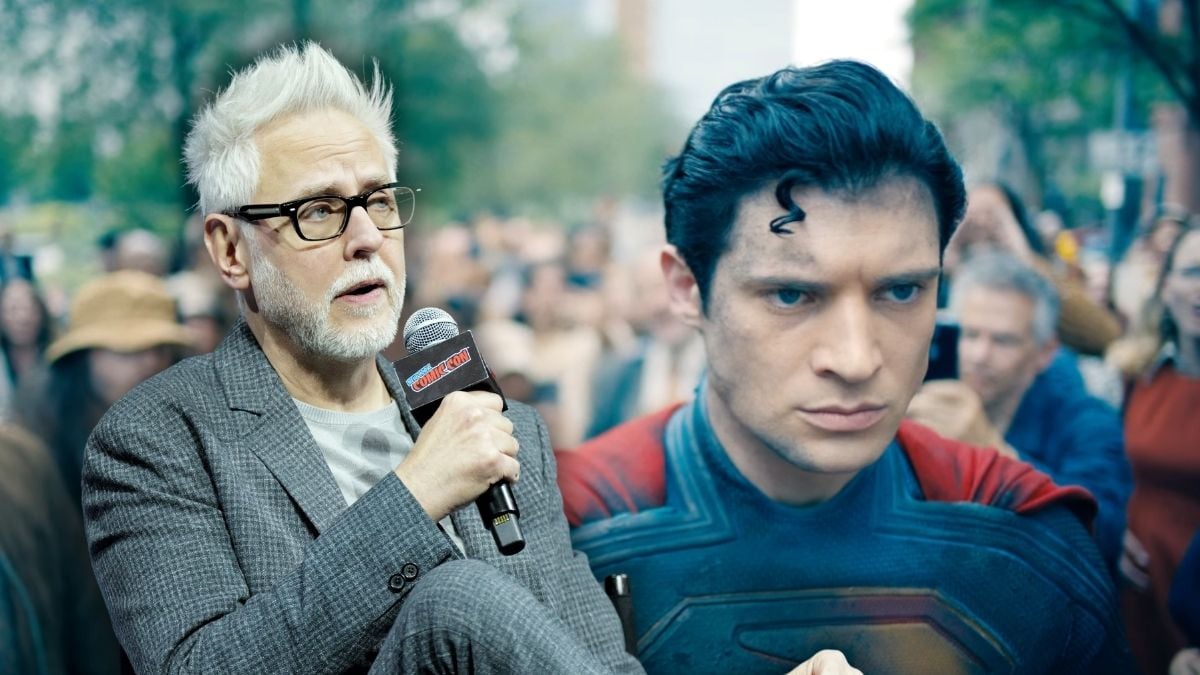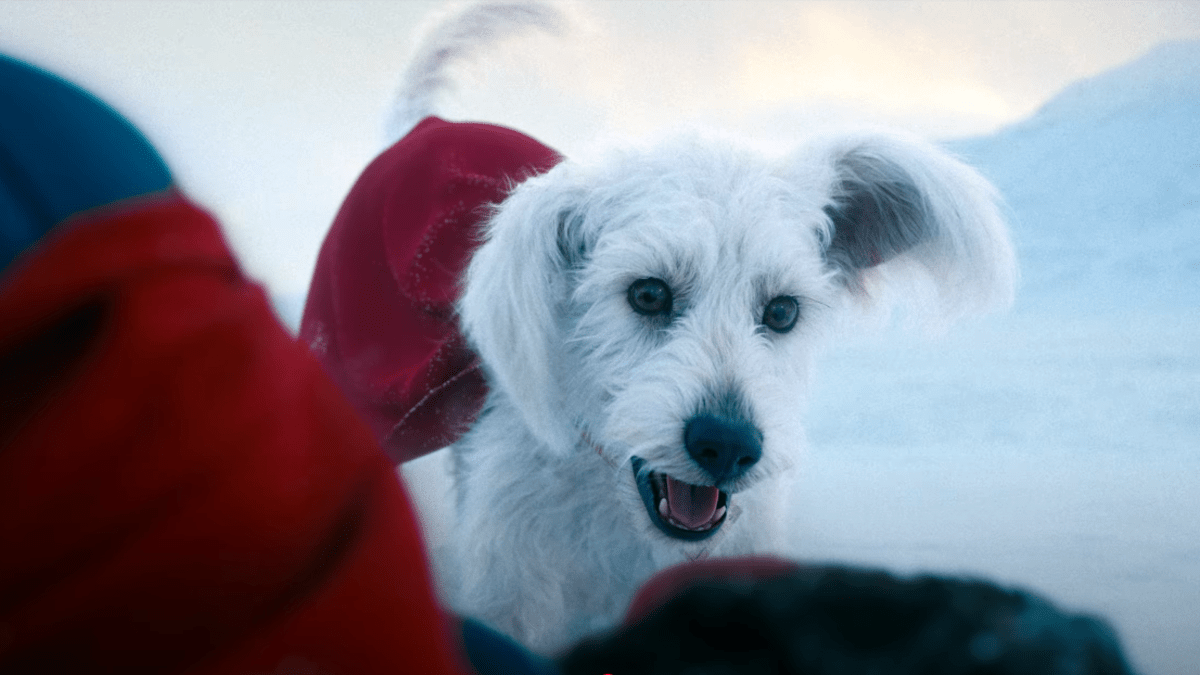
Ardently standing behind your principles and duty, even in the face of extreme danger, showcases the ultimate sacrifice that soldiers embrace during their time of duty. Resiliently standing behind that code of honor is in part what captivated readers of former Navy SEAL Marcus Luttrell’s 2007 biography, Lone Survivor: The Eyewitness Account of Operation Redwing and the Lost Heroes of Seal Team 10. The book has inspired the new action/drama Lone Survivor, which was directed by Peter Berg. The film not only stresses the strong connection between the members of the American military, who would die to protect the men fighting alongside them, but also their driving desire to defend their country’s freedoms.
Lone Survivor follows the true story of four Navy SEALs: Leading Petty Officer Marcus Luttrell (Mark Wahlberg), Lieutenant Michael Murphy (Taylor Kitsch), Gunner’s Mate Second Class Danny Dietz (Emile Hirsch) and Sonar Technician Second Class Petty Officer Matthew “Axe” Axelson (Ben Foster), who are let by Lieutenant Commander Erik Kristensen (Eric Bana) in Afghanistan. The four SEALs go on a covert mission to neutralize a high-level al-Qaeda operative, but are ultimately ambushed by the enemy in the mountains. Isolated without any means of help and surrounded by a large force of Taliban ready for war, Marcus, the leader of the SEALs, must make an impossible moral decision: he must either protect himself and his military brothers, or follow the American government’s protocol for the hostile standoff. As they confront unthinkable circumstances together, the four men must find strength and bravery within themselves to not only protect one another, but also their country.
Wahlberg, Kitsch, Hirsch and Bana generously took the time recently to talk about Lone Survivor during a press conference at New York City’s Mandarin Oriental Hotel. Among other things, the actors discussed how basing their performances on real people who were so highly respected in the military community was an emotionally influential experience, and how the film struck a cord with them on a personal level, as Marcus and his fellow SEALs were willing to put themselves on the front line and fight for their country.
Check it out below and enjoy!
How did you all physically and emotionally prepare for your action scenes, particularly where your characters are rolling down the cliffs?
Mark Wahlberg: We tried to infuse some humor into the story, especially when they were about to get really serious. So, for example, the scene where Marcus was asking if the bridesmaid was going to be at Michael’s wedding was something that we improvised. It actually went on longer, and I started singing a Coldplay song, but those guys wanted too much money. (laughs)
This was originally supposed to be a big budget film. So we would have had cables and green screens for all the falls. But we ended up doing the movie for a smaller price, which is why I think it feels so intimate and real and authentic.
The first man who went down the cliff, when we landed on the bottom, went right on a stretcher and to the hospital. The SEALs were there, so we had this immense pressure to stand up and be a man, so everyone was pumped. We did what was required, and got some bumps and bruises. It feels like it’s all been done before, but something so simplistic had such an impact because it’s real.
Taylor Kitsch: Kevin Scott, who was our second unit director, was amazing, as well.
Mark Wahlberg: Since we had such a short shooting schedule, we’d have a second unit filming at all times. If you were with the second unit, our second unit director was also the stunt coordinator, and he did a lot of action sequences.
A lot of the times we’d be together, but we were also all over the place. But then my stunt double would go off, and I’d be like, “You’re going to get your ass kicked!” (laughs) It was rough, but we all got to go home at the end of the day. We knew we were doing something special, and were a part of something special. It wasn’t about one individual; it was about telling the stories of all those guys.
Is it easier or harder to emotionally approach a character who’s based on a real person, as opposed to one who’s completely fictionalized?
Taylor Kitsch: On a lot of those days, you’re trying to compress it, because you get caught up pretty easily. Being opposite great actors always helps, too.
Emile Hirsch: One thing I would also add is having the SEALs on set at all times really helped as well. They all have friends who have fallen. We would do scenes sometimes, and Mark, Taylor and I would do something, and you would see how real it was on the SEALs’ faces, and how emotionally affected they were. This wasn’t some action sequence to them; these were some of the hardest emotional moments of their lives.
Taylor Kitsch: I think also with Pete’s process, we as actors were so embedded in these characters that the trust was prevalent. Mark could improv something that would evoke something very real. That really helped us, as well.





Published: Dec 23, 2013 07:29 pm